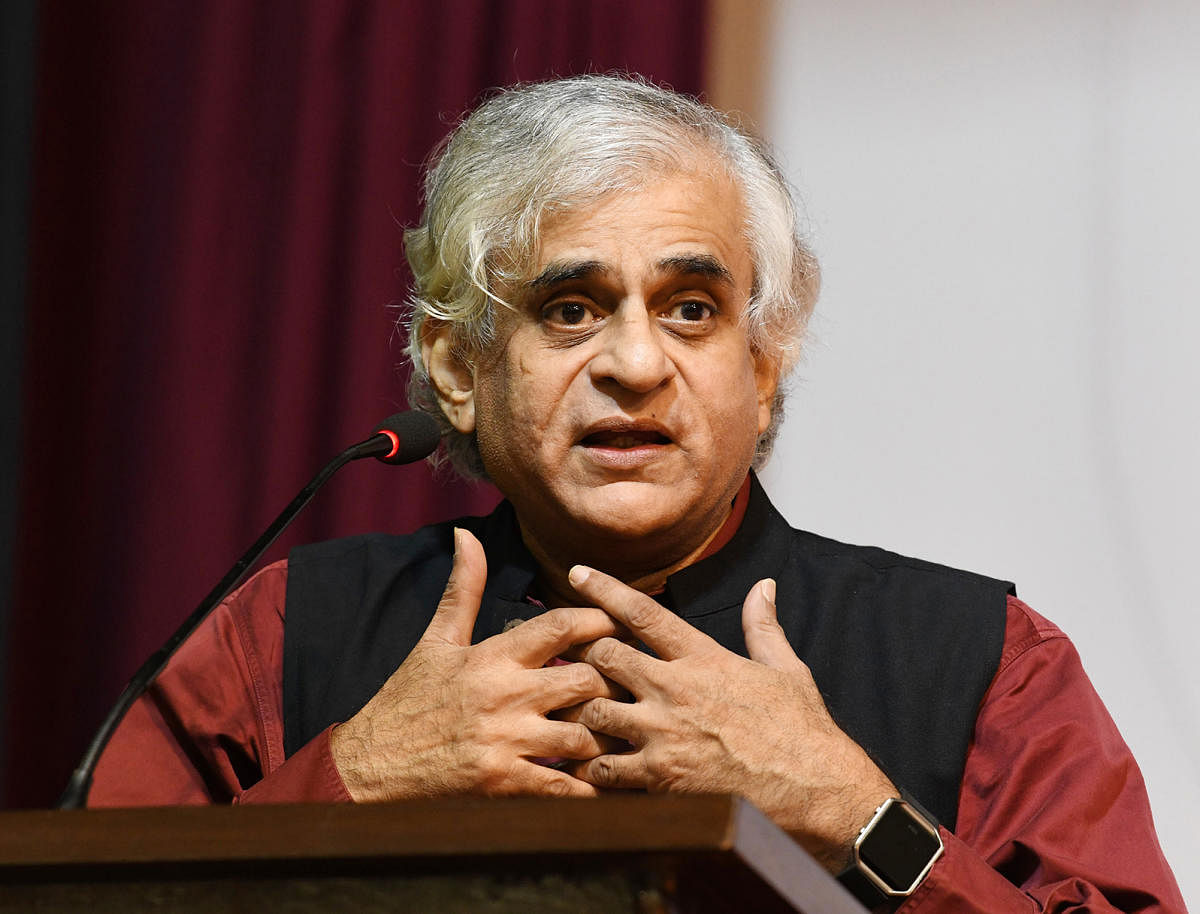
The crisis is no longer limited to the rural area, it has gripped the nation, well-known journalist and founder-editor of People’s Archive of Rural India (PARI) P Sainath said on Friday.
“The crisis, set in motion decades ago, was taken to a new level and accelerated in past six years,” said Sainath while delivering endowment lecture on the topic ‘Indian Democracy in Post Liberalisation and in Post Truth Era’ at ‘Media Manthan 2020’ organised by postgraduate Department of Journalism and Mass Communication at LCRI hall in St Aloysius College.
He pointed out that the agrarian crisis was no longer about the loss of productivity or about farmer suicide. It was a ‘societal, civilisational crisis’. Highlighting the impact of lopsided policies like the cow-slaughter ban, he said the ban destroyed many industries due to their inter-dependency. Muslims who slaughtered cows were rendered helpless, cattle traders from OBCs lost their earnings as cattle prices crashed.
“An important industry like Kolhapur sandals industry in Maharashtra went bankrupt as a result of the cow slaughter ban in Maharashtra,” informed the Magsaysay awardee. He said there was also a crisis of data with government stopping the National Nutrition Monitoring Bureau (NNMB), NCRB (National Crime Records Bureau) from publishing its report from 2016 onwards.
Demonetisation also destroyed the rural economy as 98 per cent of rural transactions takes place through cash. He said the campaign against CAA is not a mere campaign but a movement to prevent replacement of Constitution with 'Manusmruthi'.
“Those who trashed the Constitution then, are champions of nationalism by jailing and externing people,” he rued.